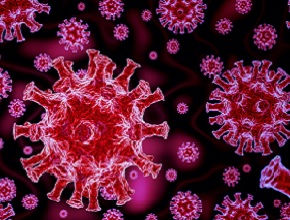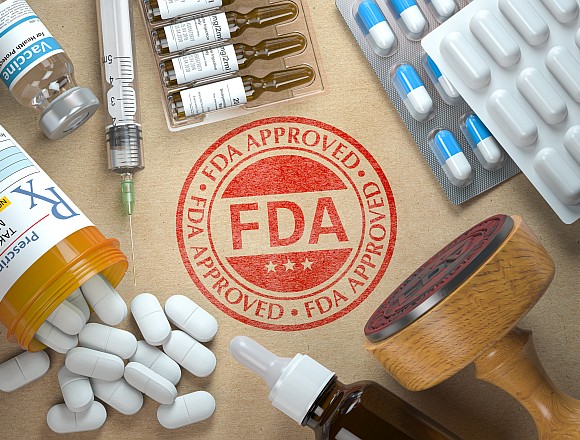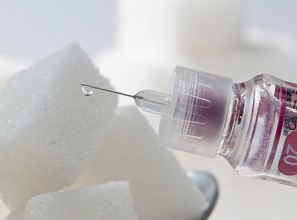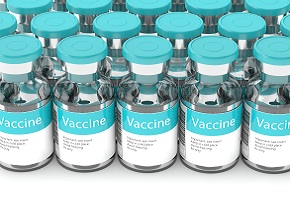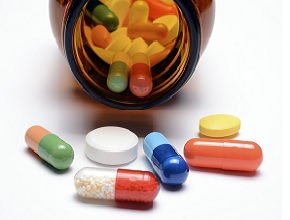Interim safety and efficacy data on the Gam-COVID-Vac vector-based vaccine
Vaccines against the severe acute respiratory syndrome coronavirus 2 (SARS-CoV-2) are considered the pivotal tool—alongside other public health measures—to reduce hospitalization and prevent deaths from coronavirus disease 2019 (COVID-19), open up our schools and economy, and restore societal normalcy. At the start of the pandemic, experts predicted it would be at least 18 months before vaccines were developed and their efficacy and safety remained uncertain. Now, less than 12 months into the pandemic, we have an array of vaccines that are effective and safe (see Vaccines: SARS-CoV-2 (COVID-19) in the McMaster Textbook of Internal Medicine). This interim analysis reports on the efficacy and safety of the heterologous recombinant adenovirus (rAd)-based vaccine Gam-COVID-Vac (Sputnik V).
This was a randomized, double-blind, placebo-controlled trial involving adults (age ≥18 years) who had negative results of SARS-CoV-2 testing with polymerase chain reaction (PCR) and of IgG and IgM tests, had no infectious diseases in the 14 days before enrolment, and received no other vaccinations in the 30 days before enrolment. Study participants were randomly assigned (3:1) to receive vaccine or placebo and were stratified by age group. The vaccine was administered (0.5 mL/dose) intramuscularly using a prime-boost regimen, with a 21-day interval separating the first (rAd26) and second (rAd5) vaccine doses, and with both vectors carrying the gene for the full-length SARS-CoV-2 glycoprotein S. The primary outcome was the proportion of participants with PCR-confirmed COVID-19 from day 21 after receiving the first dose. Serious adverse events were assessed in all participants who had received ≥1 dose at the time of database lock.
There were 21,977 participants (~61% male; mean age, ~45 years) who were randomly assigned to the vaccine (n = 16,501) or placebo group (n = 5476), of which 19,866 received 2 doses of the vaccine or placebo and were included in the primary outcome analysis. From 21 days after the first vaccine dose, 0.1% (16/14,964) of participants in the vaccine group and 1.3% (62/4902) of those in the placebo group developed symptomatic PCR-confirmed COVID-19. The vaccine efficacy was 91.6% (95% CI, 85.6-95.2). There was >87% efficacy in all sex and age groups, and 91.8% (95% CI, 67.1-98.3) efficacy in participants >60 years old. The vaccine also showed 100% efficacy in the prevention of moderate and severe cases of COVID-19. Serious adverse events were reported in 0.3% (45/16,427) of participants in the vaccine group and 0.4% (23/5435) of those in the placebo group; none were considered associated with vaccination. Deaths were rare, occurring in 3 of 16,427 individuals in the vaccine group and in 1 of 5435 individuals in the placebo group.
The authors concluded that Gam-COVID-Vac was efficacious and safe to prevent COVID-19. These encouraging findings add to the comparable efficacy and safety data reported for the mRNA vaccines. As results of clinical trials assessing additional vaccines become available in the coming weeks, it is hoped that multiple vaccines will show comparable efficacy and safety to the mRNA- and rAd-based vaccines. It is a truly remarkable scientific achievement to have developed, in such a short time, multiple vaccines that show a high level of efficacy and safety to combat the pandemic. As clinicians, some of whom have seen first-hand the devastating effects of COVID-19, we need to advocate on behalf of our patients (and society) to ensure optimal procurement, distribution, and administration of vaccines to prevent COVID-19; restore normalcy to society; and bring an end to the pandemic.
 English
English
 Español
Español
 українська
українська


